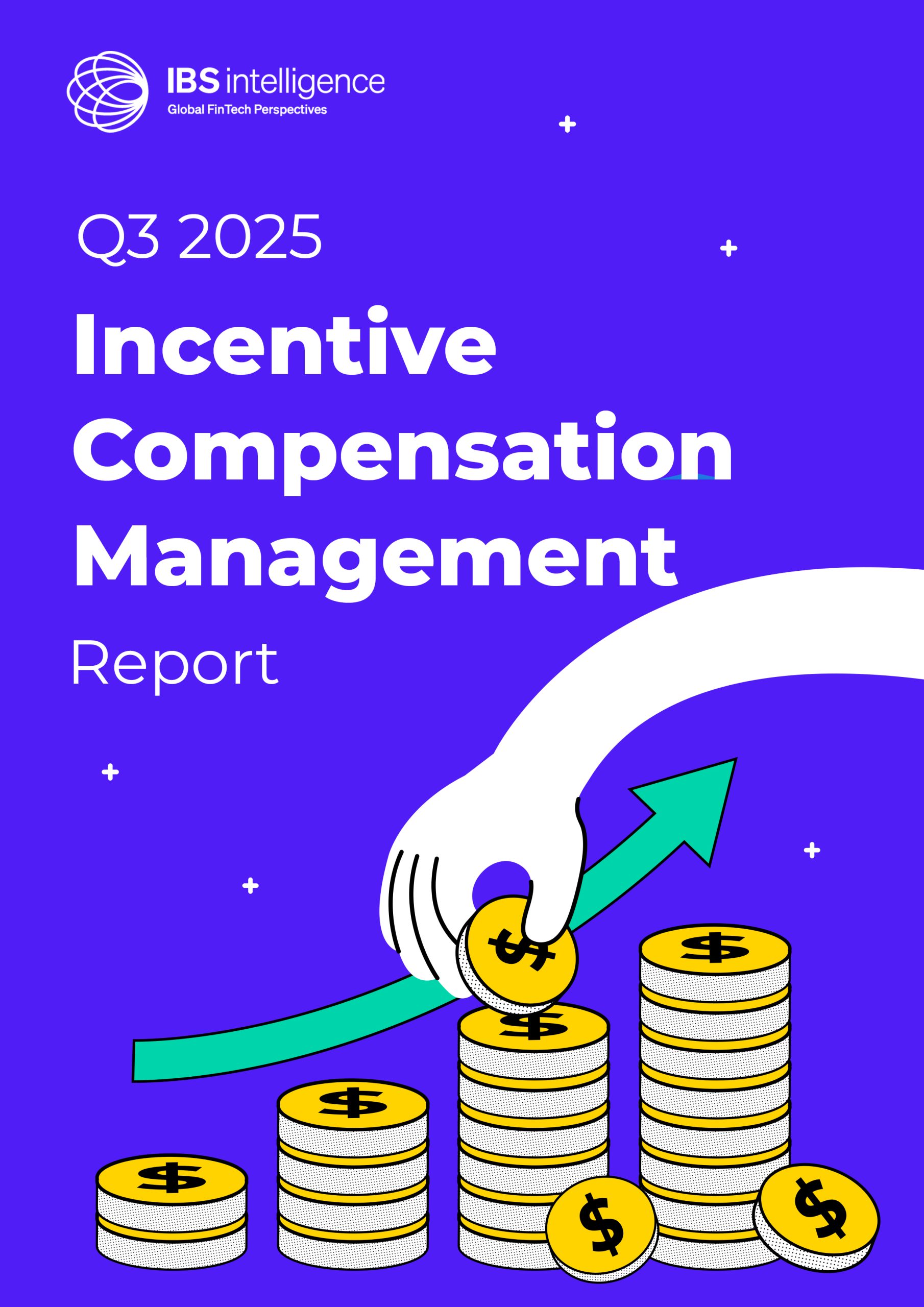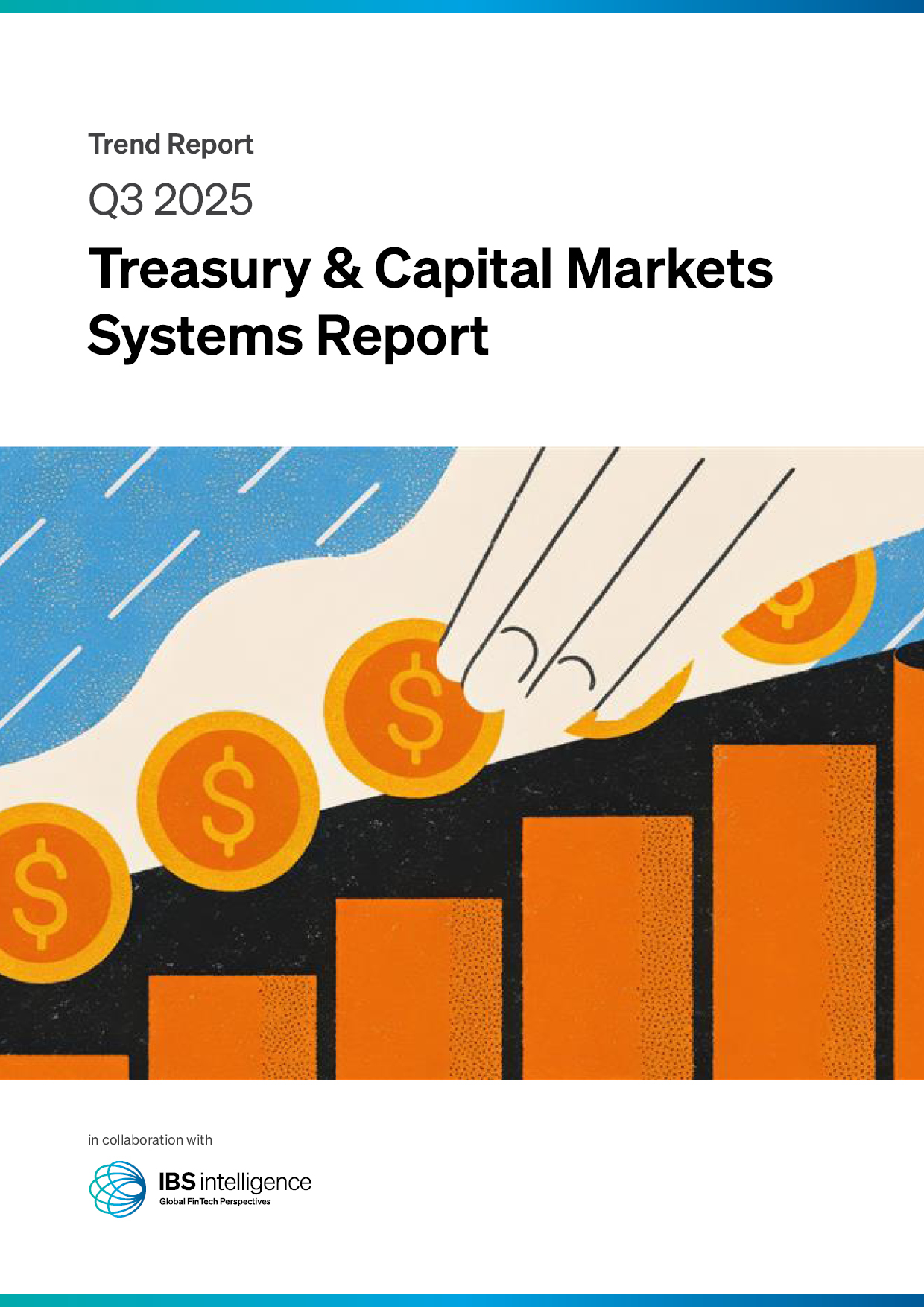 Back
Back
How can the UK legal system keep up with the rise of crypto, blockchain and NFTs?
By Puja Sharma

The Lord Chief Justice is considering plans to create a new institute of legal innovation that would identify gaps in the law caused by technological advancements, such as crypto assets and AI, and promote greater use of English law in global business contracts.
Kate Gee, counsel and crypto-asset specialist at boutique disputes firm Signature Litigation, argues that the move will provide much-needed clarity in areas of the law relating to jurisdictional disputes and liability for damages, as well as align with the UK government’s innovation strategy, published in July 2021.
Also, Gee asserts that integrating technology within existing legal frameworks will solidify the UK’s position as a global leader for litigation, as well as identify areas of the law that no longer fit for purpose as technology – including crypto, AI, blockchain, and NFTs – continues to advance. She concluded by proposing that taking a long-term view of the impact of technology on the administration of justice will have far-reaching implications for the UK justice system.
The Law Commission has started to work on two new activities to guarantee that English law can oblige two arising innovations that could upset trade: shrewd agreements and advanced resources. The Commission will examine the law connecting with savvy contracts to track down any holes in the law and distinguish changes to guarantee that the law can meet the development in the utilization of this innovation. The work on computerised resources will guarantee that the law is equipped for obliging electronic archives, crypto assets, and other advanced resources in a way that permits the conceivable outcomes of innovation to thrive.
The undertaking on brilliant agreements was reported by the Law Commission as a feature of its 13th Program of Law Reform in December 2017, yet was stopped forthcoming the result of the public authority supporting LawTech Delivery Panel’s work in a similar region. Following the distribution of the Legal Statement on the Status of Cryptoassets and Smart Contracts by the Panel’s UK Jurisdiction Taskforce, the Law Commission is currently leaving on two new strands of work which expand upon the points covered by the Legal Statement.
Savvy contracts
Contracts are customarily written in normal language and performed by legitimate people, be they individuals or organizations. Notwithstanding, arising advancements, for example, circulated records have made it feasible for the exhibition of agreements to be mechanised. These agreements, known as “brilliant agreements”, order execution by computational calculations without the requirement for human mediation. They have been generally promoted as advancing effectiveness, trust, and conviction in business.
The English agreement law has been created considering regular language contracts. The improvement of innovative ability to participate in brilliant agreements leads to a scope of inquiries. In what conditions will an agreement was written in code be legitimately restricted? How are brilliant agreements to be deciphered by a court? What are the lawful outcomes of the code not proceeding as planned? These inquiries should be addressed so English law keeps up with its notoriety for refinement, soundness, and viability, thus that organizations can be sure about their utilization of brilliant agreements.
The Law Commission will examine the law connecting with savvy contracts, feature any vulnerabilities or holes, and distinguish any changes to the law that might be required. We are as of now looking for introductory perspectives from business and the innovation area, with the end goal of distributing a call for proof in late 2020.
Computerised resources
The business world is moving quickly towards complete digitisation of exchange and exchanges, yet regulation executed over a century prior is keeping organizations from accomplishing an ideal electronic climate. For instance, the elusiveness of a straightforward digitized archive implies it can’t, on the current agreement, be “moved by” accordingly can’t establish a record of title under the Bills of Exchange Act 1882. This can cause impressive business challenges, especially about global exchange finance.
Albeit the Law Commission’s latest Program for Law Reform referenced just shrewd agreements, the thought of the digitization of trade has led to more broad inquiries concerning the legitimate status of theoretical resources. Some, like electronic records and PC programming, are not novel in business terms; others, for example, Bitcoin or circulated record sections attached to actual resources, are undeniably less natural to the two clients and their expert guides.
The Law Commission has been approached by the Government to make proposals for change to guarantee that the law is equipped for obliging both crypto assets and other advanced resources in a manner that permits the conceivable outcomes of this innovation to prosper.
IBSi FinTech Journal

- Most trusted FinTech journal since 1991
- Digital monthly issue
- 60+ pages of research, analysis, interviews, opinions, and rankings
- Global coverage
Other Related News
January 08, 2026






